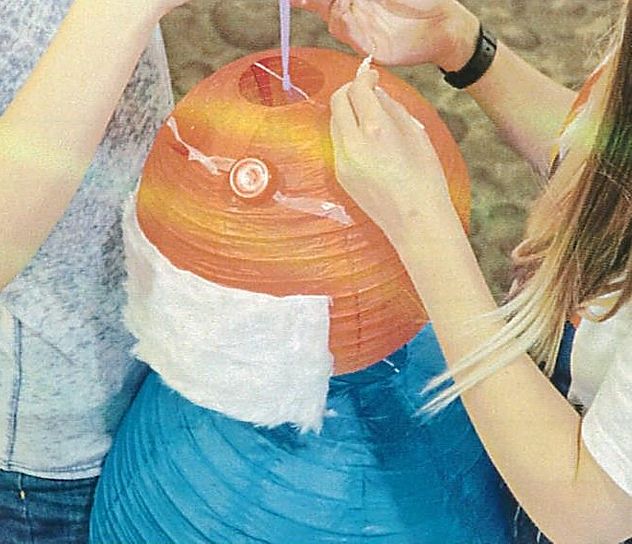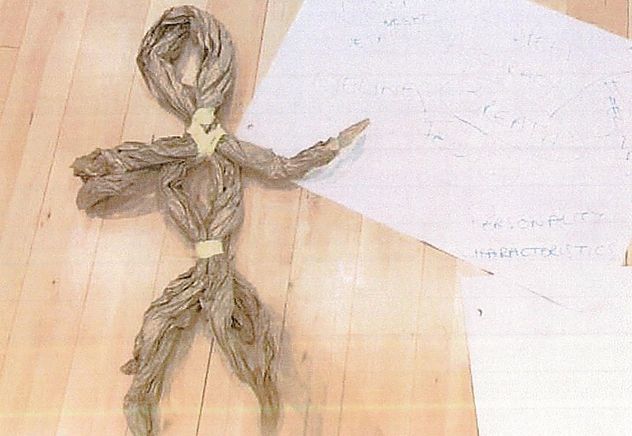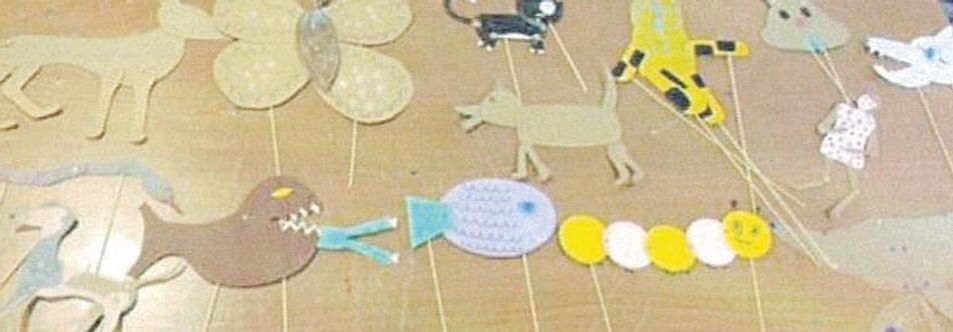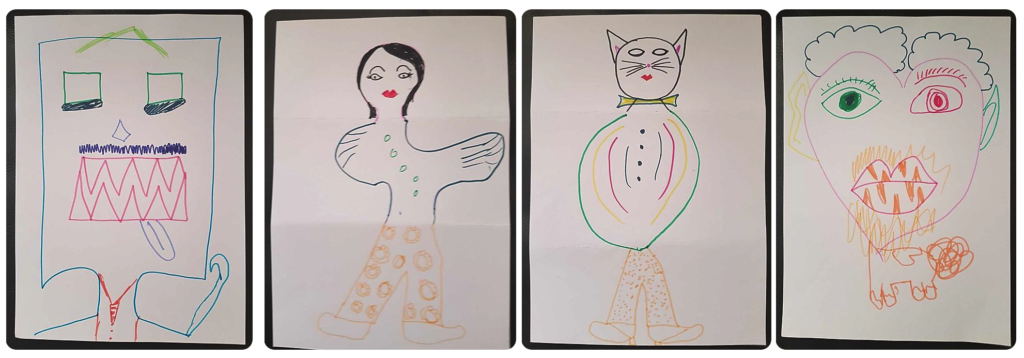Understanding the experiences and opinions of care-experienced young people and foster carers in Wales
The Wales Millennium Centre ran an arts-based programme in 2018 which was funded and supported by the Confidence in Care Consortium led by The Fostering Network in Wales. The programme was delivered between May and July and involved eight care-experienced young people and their foster families. The Wales Millennium Centre commissioned Cardiff University to conduct research with care-experienced young people and their foster carers, and facilitators involved with the delivery of the arts project. The involvement of the team at Cardiff University was related to their earlier projects with CASCADE: Children’s Social Care Research and Development Centre.
The research aimed to assess the current knowledge base regarding care-experienced children’s and young people’s engagement with the arts, and to explore the views of facilitators, young people, and their carers involved in the arts-based programme at the Wales Millennium Centre.

Objective 1: Collate and report relevant data and literature.
Objective 2: Conduct an in-depth qualitative research study with programme facilitators, care-experienced young people, and their foster families to provide insight into their experience of being involved with the arts-based programme, and their opinions on what could be done to improve the model and encourage engagement with the arts more widely.

The project involved a range of activities such as singing, drama, games, character design and puppet-making. There was a session with puppeteers from the War Horse theatre production and everyone got to watch War Horse in the final week. Foster carers participated in some of the activities and others were only for young people. Young people also completed an Arts Award certificate in the development of their arts and leadership skills.
Although the project was aimed at young people, foster carers enjoyed taking part in the games and creative activities. They also reported a real benefit from meeting other foster carers and making new supportive networks. The young people involved all reported a wide range of benefits, including improved confidence, learning new creative skills, teamwork, patience, and making friends.
“I learned that I’m creative. I learned how to make a puppet move and how horses move and walk.” Charley
“I learned how to overcome challenges and to have fun. I learned how to be confident around others.” Amy
“We all worked together in a team. Working in a team is AMAZING!” Ebony
“I’m proud of myself not getting into conflict and I managed to make friends and my confidence has improved.” Bella

The benefits went beyond the project and young people used what they learnt in other contexts such as drama and art classes at school. Two young people went on to join a drama group and performed in a recent play. Foster carers talked about how the young people they care for had grown in confidence across the project, as did the facilitators who saw a real transformation in young people. The research team attended the sessions as well as interviewing all those involved, and saw the significant impact the project had on everyone involved.
The project report raised a series of 18 recommendations including;
- Future studies on this topic should foreground participant-centred feedback from care-experienced young people, as many rely largely on adult-reported feedback. This study drew on the perspectives of foster carers, facilitators and care-experienced young people and this model should be adopted in future work to gain a more nuanced understanding and evaluation of arts-based programmes.
- This study reported a number of benefits from attending the programme, including improved confidence, social and emotional development, and arts-based skills, which were evidenced in the accounts of young people, foster carers and facilitators. Future research should adopt a longitudinal approach to explore whether these perceived benefits are transient or have lasting impacts.
- Future programmes should provide free to access activities for care-experienced young people and explore transitionary pathways into further activities to increase the sustainability of arts interventions.
- Future programmes should consider the ways in which arts-based projects can access, engage and include children and young people in care who do not have the support of an ‘engaged’ foster carer.
Cardiff University is continuing to work with The Fostering Network and Wales Millennium Centre to consider further opportunities for care experienced young people to engage with the arts and culture.
References
Mannay, D., Smith, P., Jennings, S., Turney, C. and Davies, P. 2018. The value of cultural and creative engagement: Understanding the experiences and opinions of care-experienced young people and foster carers in Wales. Project Report. Cardiff: Wales Millennium Centre.
Mannay, D., Smith, P., Jennings, S., Turney, C. and Davies, P. Executive Summary: The value of cultural and creative engagement: Understanding the experiences and opinions of care-experienced young people and foster carers in Wales. Technical Report.


